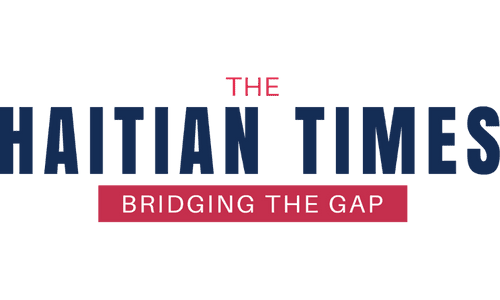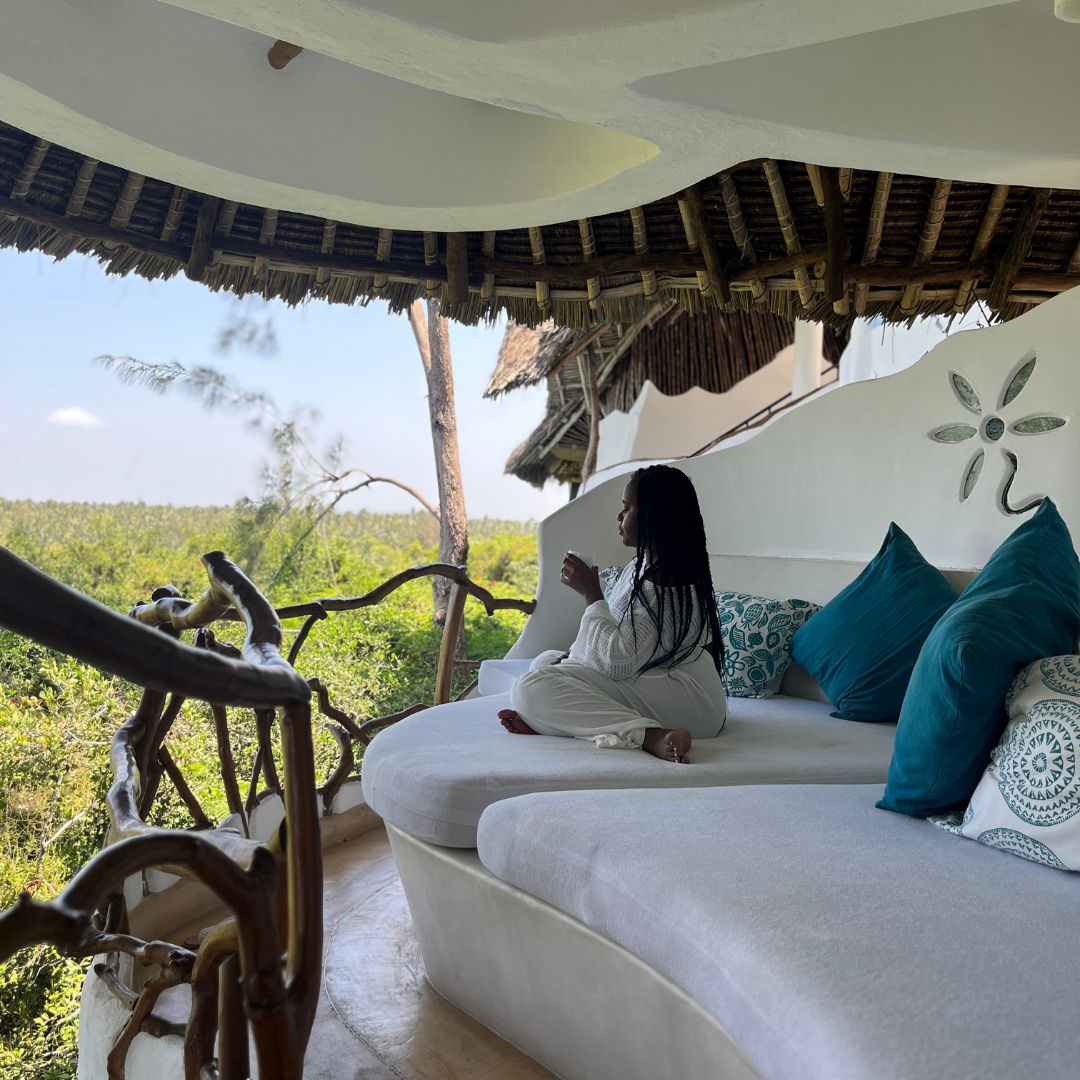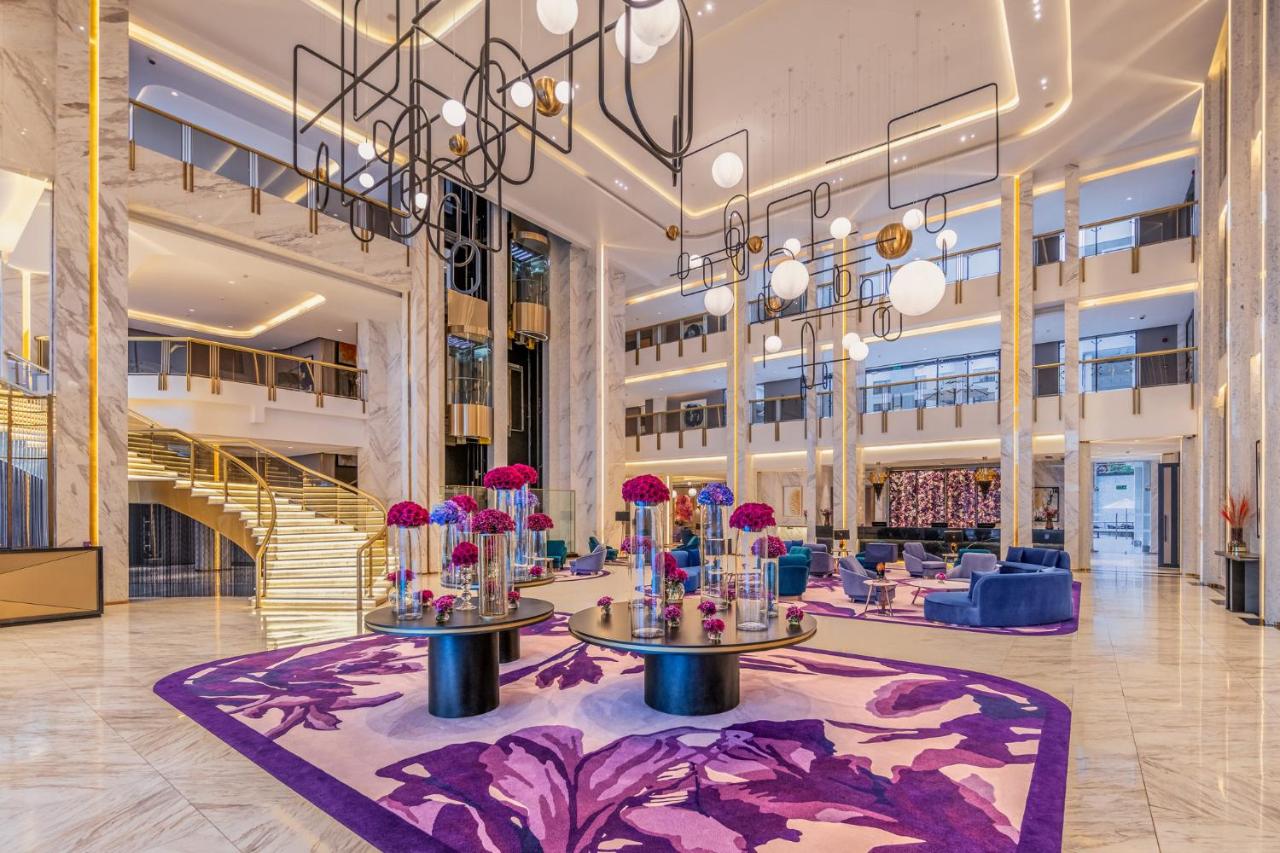Over the last few years, there has been a rise in African diasporans from Western nations seeking to connect with their roots, leaving their lives in the West behind to build a life on the continent.
Citing reasons such as escaping racism, wanting to feel more connected to Africa, and seeking safety, many diasporans today have made the move to the continent, with Accra, Nairobi, and Cape Town being popular cities to settle in.
However, as more and more diasporans move to the continent, it is clear that the impact these moves have—or can have—on locals in African countries can cause more harm than intended.
A common critique is that diasporans—particularly those from the West—often benefit from their access to earning in strong foreign currencies, passports, and global networks, which equips them with certain advantages and can contribute to issues such as the unintentional displacement of locals.
While African diasporans are not the only ones who return to the continent with certain advantages and privileges that can negatively impact local communities, their unique historical and cultural ties to Africa make this an important dynamic to explore.
With the understanding that the African diaspora is not solely composed of those from Western nations, this article will focus on that specific demographic.
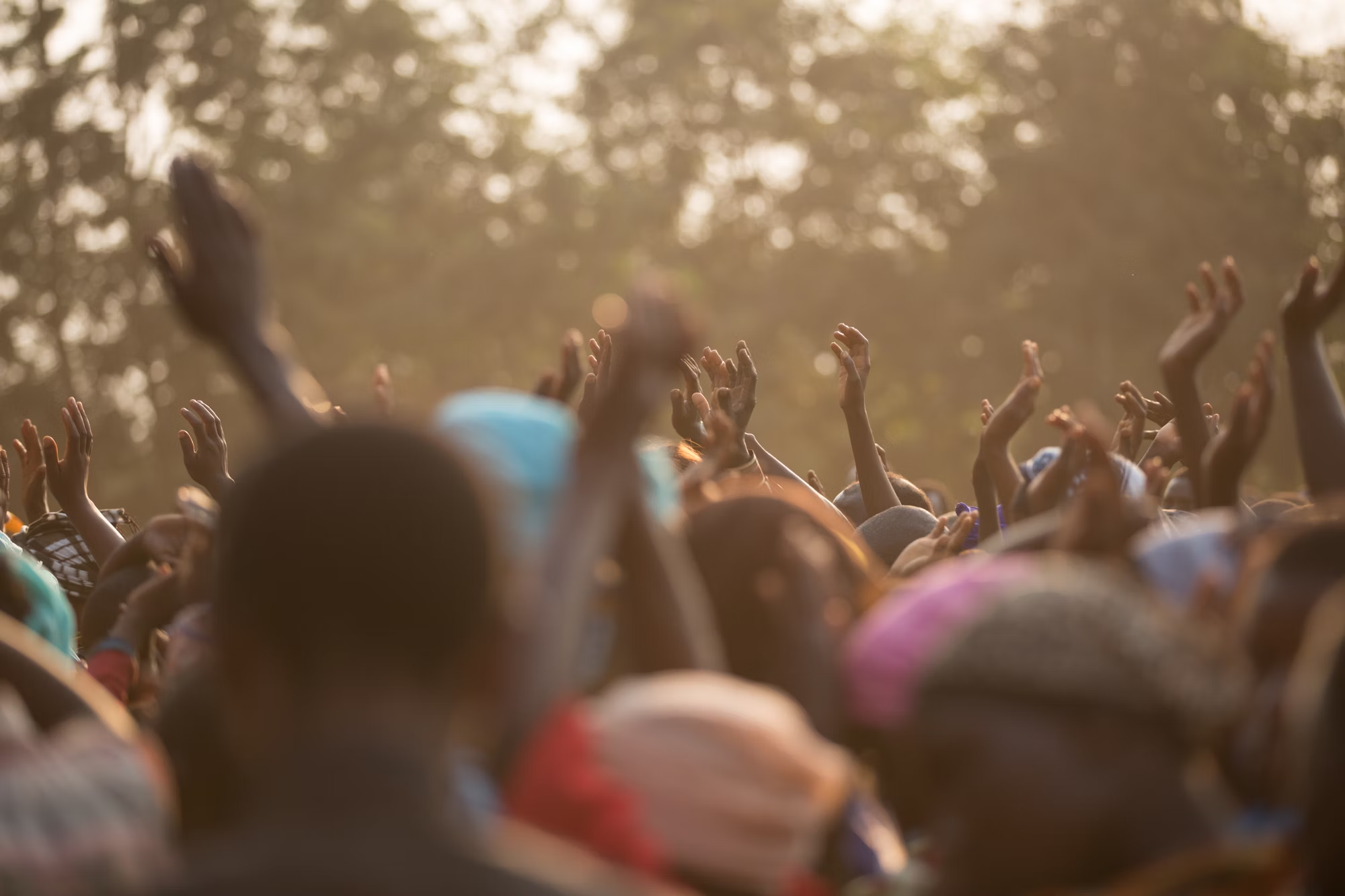
Table of Contents
ToggleOpinion Section Disclaimer
All views expressed here are my own.
The opinion section of my blog is an ongoing exploration of my thoughts and ideas as a global citizen.
My views are constantly evolving and may change as I continue to travel, learn, and engage in meaningful conversations with others.
I don’t believe in limiting my perspective or boxing myself in, and I ask that you extend the same grace in return.
I try not to approach topics with a fixed mindset, recognizing that as the world changes, so will my thoughts and there are always multiple angles to a topic that can’t be covered in one article.
Whether you agree or disagree with my opinions, I encourage you to share your thoughts and perspective(s) in the comments. 🙂
Why Diasporans Are Leaving the West
My favorite types of stories are the ones where diasporans visit the continent for the first time and fall in love—many who describe experiencing a sense of belonging they’ve never felt before.
That feeling often stems from growing up in countries—usually in Europe or North America—where Black people have faced systemic injustice and inequality as the minority population. These conditions shape everyday life and highlight the fact that their struggles are rooted in history, not personal shortcomings.
As someone who studied abroad in Ghana in 2019—my first time on the continent—I know those feelings well. The sense of belonging, walking into spaces and seeing people who look like you everywhere—it’s powerful. The experience is so deeply moving that it can leave an undeniable void when you return.
Given these experiences, it’s no surprise when African diasporans begin considering a move to Africa
With this being said, it’s also important to recognize that not all diasporans come to the continent to “escape” something.
Some are drawn by the desire for a slower pace of life, a stronger sense of community, or a return to more traditional ways of living rooted in their ancestral cultures that Africa provides.

The Issues Seen With Diasporans Moving to Africa
For many African diasporans, moving to Africa has been a powerful journey of self-discovery, reconnection with identity, and joy.
However, this movement has also, often unintentionally, brought new challenges for local citizens.
Diasporans from the West often carry certain privileges that are important to be recognized so there is a level of self awareness taken to the continent.
These are a few of the issues that have come up in conversations:
A Lack of Genuine Integration
While many arrive seeking reconnection and a sense of belonging, some remain socially and economically distant from local communities—forming their own enclaves, maintaining Western lifestyles, and rarely engaging deeply with local cultures.
This is why I feel there are many locals who see diasporans as privileged outsiders rather than kin, like diasporans expect. The lack of integration leads to a lack of understanding of the environment.
While I personally believe in creating spaces and community with those who share similar backgrounds to preserve traditions within a broader society, I also recognize that, in the context of diasporans in Africa, this can quickly cross a line and become problematic.
Privilege and Opportunities
Diasporans undeniably benefit from privileges like currency and passport privilege, which make their lives easier on the continent.
Whether we as diasporans from the West are willing to admit it or not, we are not navigating life on the continent on equal footing with Africans who were born and raised on the continent.
In a way, it enables us as diasporans to have “one foot in and one foot out” when we do choose to make the return to Africa because the option to leave is always there.
Acknowledging these privileges does not mean that every diasporan from the West is arriving on the continent with an endless flow of cash, making a lot of money, or has had a privileged life, but rather that, due to where we were born, we do have certain advantages.
Poor Treatment of Local Citizens
Despite shared racial and ancestral ties, I believe some diasporans carry unconscious biases shaped by Western ideals, which can lead to condescending attitudes or even exploitative business practices when they’re in positions to invest and build on the continent.
I’ve witnessed this firsthand many times, and it’s disappointing to see—especially because it reinforces the harmful narrative that Western ways are inherently better.
Some diasporans can have a sense of superiority or entitlement due to their access to certain resources and foreign currencies.
This dynamic can create a particular dynamic between diasporans and local citizens in Africa, often without diasporans fully realizing the impact they may have.
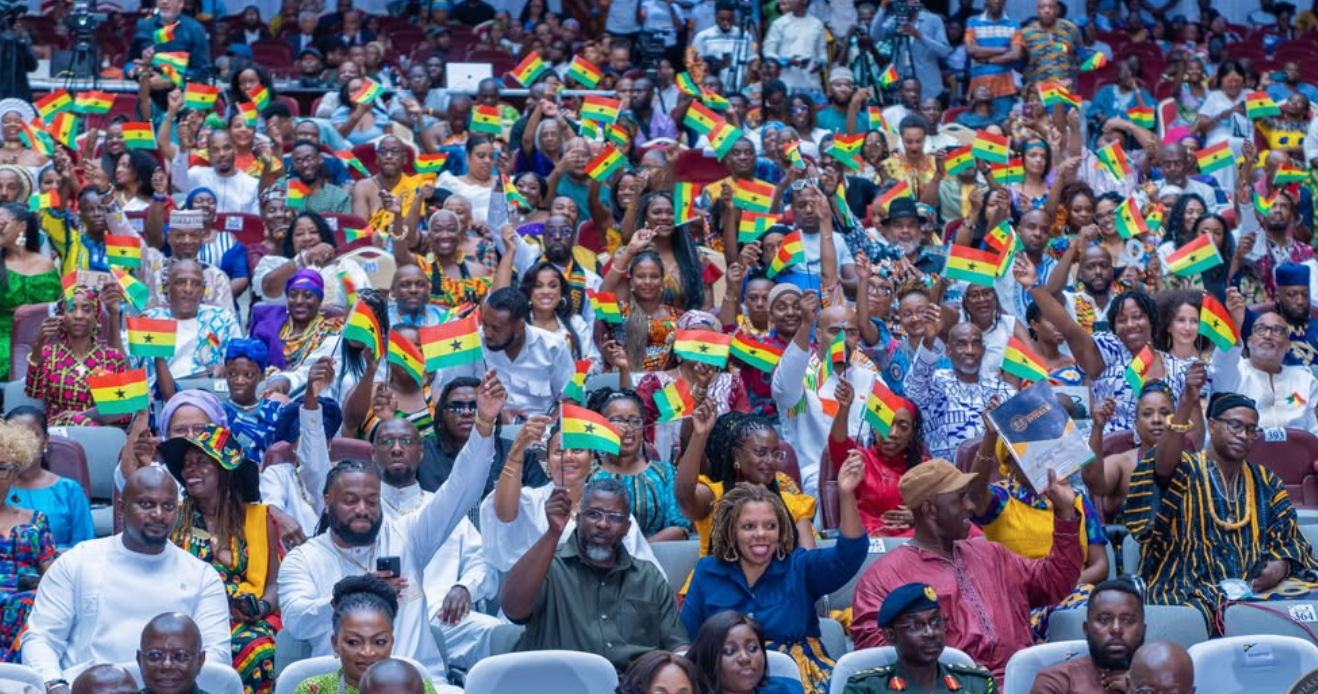
Photo Credit: Ghana Diaspora Affairs Office
Addressing Other Foreigners in Africa
Africa is rich in resources and has over time attracted investors from Chinese, European, and American companies, as well as increasingly from Middle Eastern countries.
Foreign investors often extract natural resources in ways that benefit their own economies far more than they benefit African nations.
So, while foreign investment isn’t inherently bad, the way it happens in Africa is not typically not favorable to Africans and this can raise important questions about neocolonialism.
That said, I don’t believe African diasporans can be solely blamed for the rising cost of living in cities across the continent.
The reality is that the broader influx of foreigners—many of whom carry privileges like stronger currencies, higher incomes, and global mobility—contributes to issues such as gentrification and increased prices.
Additionally, it’s common for locals to charge diasporans and foreigners higher prices, often based on the assumption that they earn more—but that’s not always the case.
So why are African diasporans usually targeted when it comes to this topic?
Many people feel that African diasporans from the West are sometimes used as scapegoats—and while I don’t believe that’s fair, I can understand why that is the case.
Because of the ancestral connection many African diasporans share with the continent, there’s a unique opportunity to reconnect and help shift conditions—both in small and meaningful ways, even starting within their own communities.
While the responsibility for major change should ultimately fall on governments, I understand why there’s an expectation for diasporans to be more aware and engaged. I also believe they can play a real role in making a difference.
That said, it’s not just African diasporans—all foreigners, especially those earning in stronger currencies, contribute to changes that impact local communities. Their presence plays a part in shaping economic and social conditions across the continent.
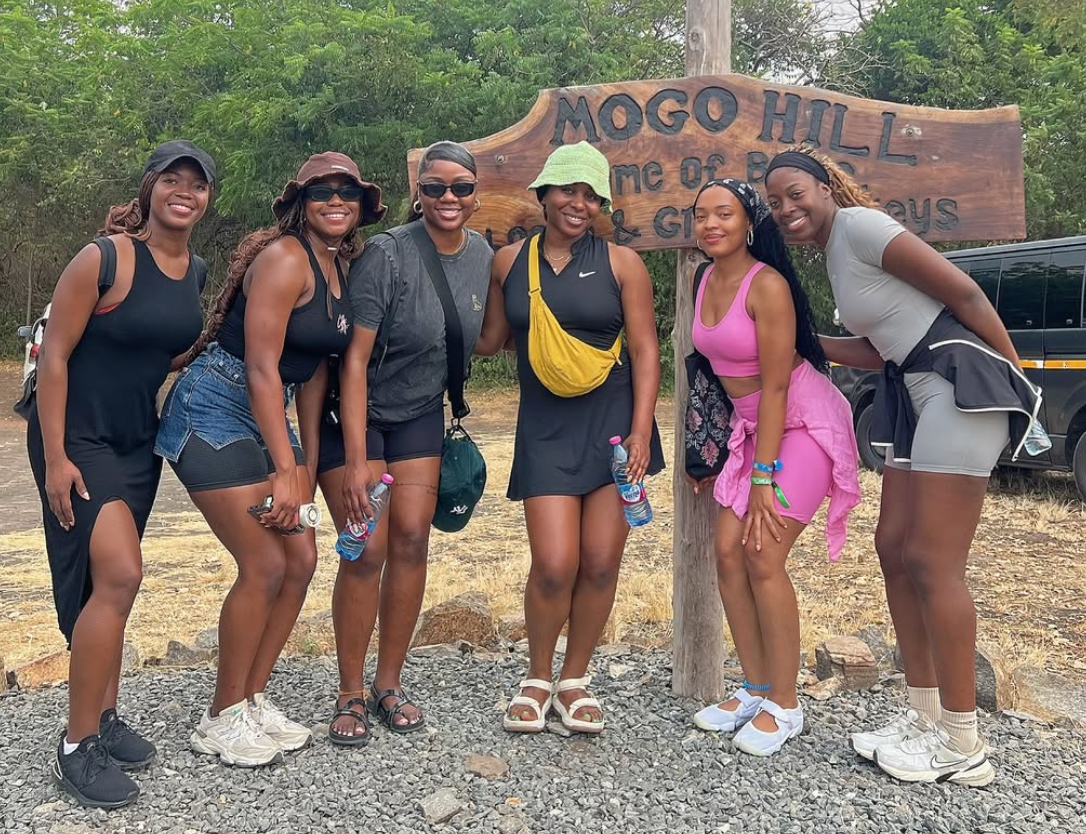
The Clear Differences Despite Roots: What Is Often Left Unsaid
In the excitement of going “back home” to reconnect with their roots, many diasporans overlook the real and complex issues that arise from the undeniable differences between themselves and African citizens.
Diasporans often arrive with Western passports that offer greater global mobility, along with currencies like the dollar, pound, or euro. When converted into local currencies, these allow for a standard of living that many local citizens simply cannot afford—placing diasporans in an entirely different social and economic class.
While these privileges are not inherently wrong—especially considering the historical circumstances that created them—they often go unacknowledged.
This lack of awareness can unintentionally create tension and reinforce existing disparities between diasporans and local citizens.
The romantic idea of returning to Africa to reconnect with one’s roots can sometimes overshadow the structural imbalances at play—differences in access, opportunity, and social capital that shape how diasporans experience life on the continent. Without reflection, this dynamic can replicate the very power imbalances that many diasporans seek to escape from in the West.
Tips/Solutions for Diasporans Wanting to Move to Africa
While the movement of African diasporans returning to Africa to build a life is admirable, I believe we’re also in a position to help uplift the cities and communities we choose to call home—both in big and small ways.
It’s important to make sure that the people who already live there benefit from our presence, rather than being left out or pushed aside.
If you’re planning to move to the continent—or are already living in Africa—here are some tips that may help you be more intentional, thoughtful, and community-minded in your journey.
Don’t shut yourself out from locals
A common thing I see is that African diasporans will move to Africa and unintentionally shut themselves out by living in a bubble that remind them of home or offer touches of familiarity—other diasporans, expat communities, or spaces that reflect Western norms.
However, it’s important not to shut yourself out from the locals.
One of the most meaningful parts of being on the continent is building real relationships with the people who live there. That means stepping outside of your comfort zone and listening, learning, and engaging with humility, not just observing from the outside.
Try to live in neighborhoods that will expose you to the everyday realities of local life, frequent common spaces, and aim to have insightful conversations to understand your new home.
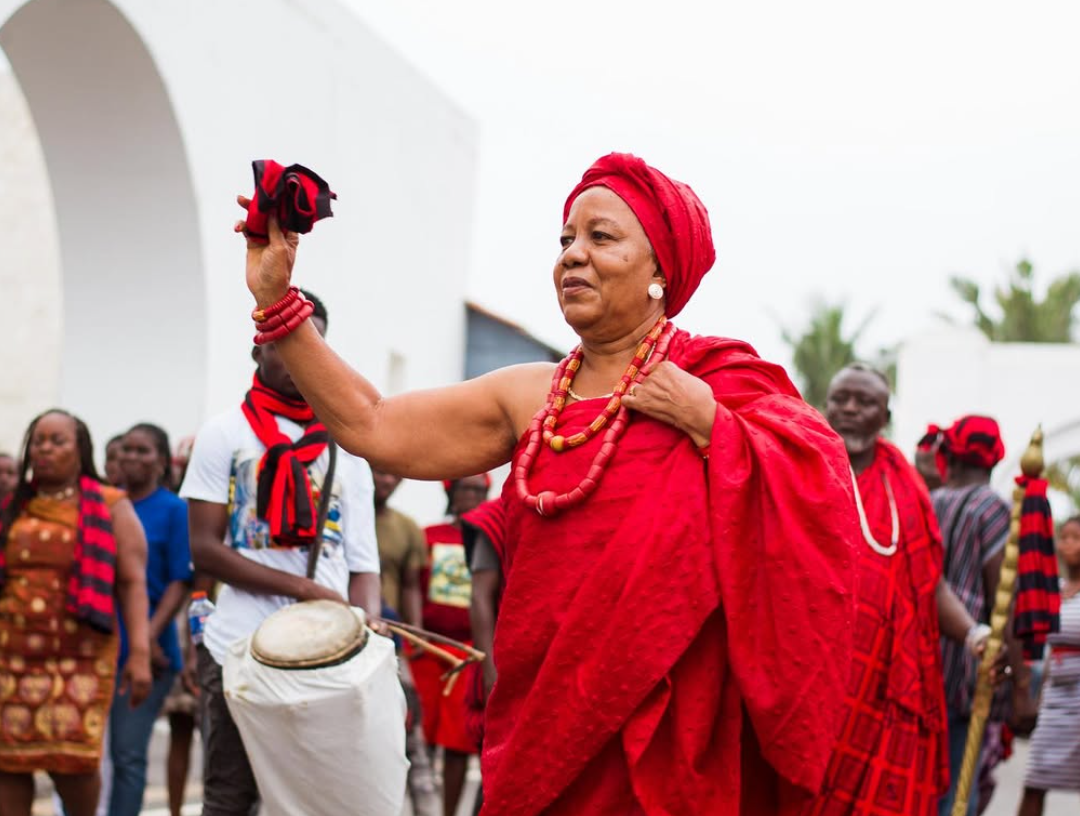
Support local businesses for your primary needs
An impactful thing you can do is support local businesses for your primary needs.
Whether it’s buying groceries or hiring people for services, choosing where to eat and shop, prioritizing locally owned businesses helps circulate money within the community and strengthens the local economy.
Instead of relying on international chains to meet your needs, take time to list out your weekly or monthly essentials and research local businesses that can provide those services or products.
Use your privileges to create opportunities
As a diasporan you can use your privileges to create opportunities—not just for yourself, but for the communities you’re stepping into.
Carrying the privileges spoken about previously means you can think about how you can use those resources to collaborate with locals, support initiatives, or even open doors for others who may not have access to the same platforms and opportunities.
This can look like hiring locals when you open a business and pay them a liveable wage, partnering with locals who already understand the market and community needs, etc.
Real impact can happens when privilege is leveraged with community, not over it.
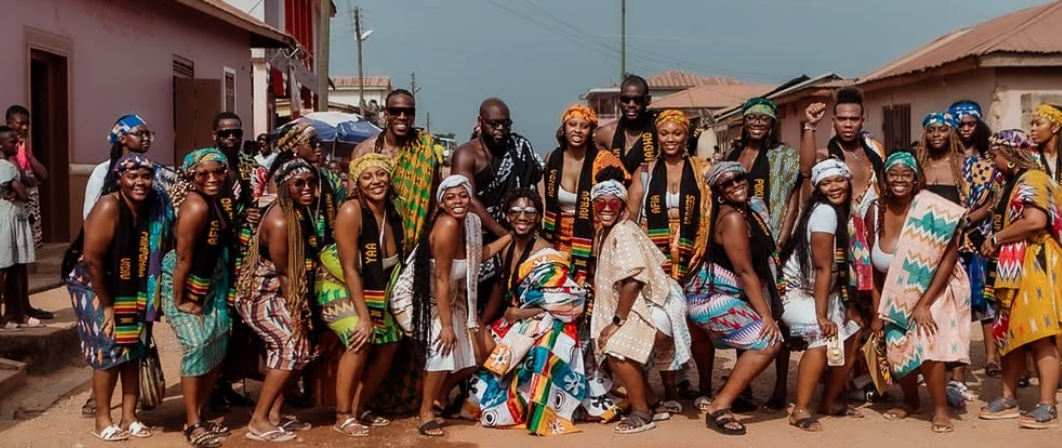
Conclusion
African diasporans taking the leap of faith to move back to Africa is an inspiring and beautiful movement that has continued to flourish over the years.
In the process of doing so, it is important that the presence of African diasporans and other foreigners does not continue to negatively impact local citizens in the process.







